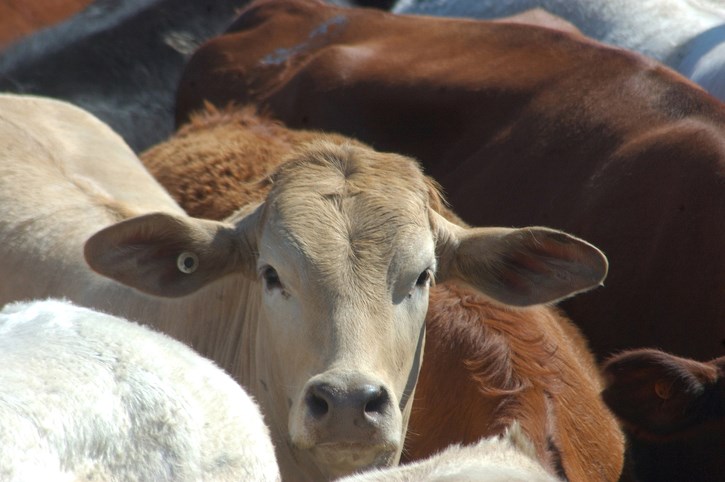A British scientific project on greenhouse gases has profound implications for the livestock industry.
Currently used measurements of how different greenhouse gas emissions add to climate change could be unfair and inefficient, according to scientific researchers at Oxford University in the United Kingdom.
A commonly-used measurement called GWP100 fails to show how different emissions contribute to climate change, concluded the research team for the Livestock, Environment and People (LEAP) project.
The GWP100 method doesn’t account for different impacts of gases based in their life. This method converts different greenhouse gases like methane and nitrous oxide into their carbon dioxide equivalence.
The LEAP scientists believe converting all gases by carbon dioxide equivalente fails to show differences in how gases contribute to climate change, or how long they stay in the atmosphere.
Doing the math on varied lifespans of gases before they dissipate in the atmosphere is critical to understanding how the earth is impacted by them, says a paper by the LEAP team.
Carbon dioxide is a long-life gas with accumulated gas remaining for centuries after the emissions stop.
However short-lived gases such as methane do not continue their earth warming impact as long as carbon dioxide.
The paper maintains the GWP100 measurement overstates the warming from methane emissions. The measurement doesn’t accurately reflect the impact of livestock methane emissions.
Agriculture and land use, according to the U.S. Environmental Protection Agency, accounts for 10 per cent of global greenhouse gas emissions with livestock making half the total.
“We can't afford to get the math wrong on this,” said lead author Dr. John Lynch. “This has important implications for how countries work out emissions targets for different sectors…”
The LEAP team proposes an alternative measurement method that accounts for long and short lives of emissions gases and can use existing and past data banks.
Ron Walter can be reached at [email protected]




